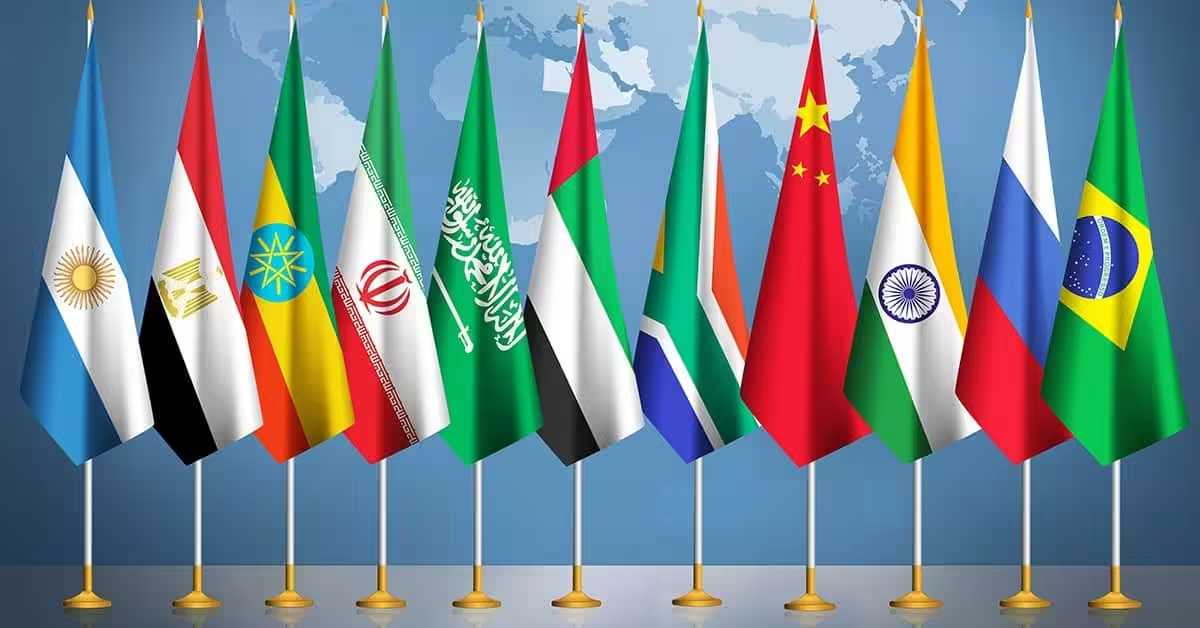|
Getting your Trinity Audio player ready...
|
Former U.S. President Donald Trump’s recent remarks about imposing a 100% tariff on goods from BRICS nations have sparked concerns about escalating tensions in global trade. The BRICS alliance, composed of Brazil, Russia, India, China, and South Africa, might not take this threat lightly. Experts suggest the group could respond with countermeasures, potentially igniting a fresh trade war that would reverberate across the global economy.
Trump’s statement, made even before his presidency officially began, outlines his desire to maintain the supremacy of the U.S. dollar in global trade. His challenge to the BRICS nations—demanding they abandon their push for de-dollarization—reflects his staunch position on safeguarding the dollar’s dominance in the global financial system. However, the bloc’s response could dramatically alter the course of international trade.
Shakila Yacob, a Professor at the Jeffrey Cheah Institute, believes that the BRICS nations might retaliate against Trump’s tariff threat. She warns that such actions could lead to retaliatory tariffs and other countermeasures from BRICS countries, which would only escalate trade hostilities. “If Trump imposes 100% duties, it will lead to countermeasures,” Yacob said, highlighting the risk of an all-out trade war.
Among the countries within the BRICS alliance, China, Russia, and Iran are most likely to challenge Trump head-on, given their historical opposition to U.S. policies. While other member nations may adopt a more cautious approach, these key players are expected to take a strong stand. For countries in Southeast Asia, Yacob advocates siding with BRICS, as Trump’s tariffs could significantly disrupt regional economies and lead to higher commodity prices.
The potential consequences of such a scenario extend beyond the immediate trade war. A shift away from the U.S. dollar could lead to the strengthening of local currencies, affecting the forex market and U.S. importers. The BRICS bloc’s decision to push for de-dollarization could also have a long-lasting impact on the U.S. economy if it succeeds in undermining the dollar’s central role in international trade.
As tensions mount, the actions taken by both BRICS and the U.S. will likely shape the future of global trade and currency dynamics. How President Trump manages this confrontation with the bloc will be pivotal in determining the trajectory of the U.S. dollar and the global economy in the years to come.
Disclaimer: The information in this article is for general purposes only and does not constitute financial advice. The author’s views are personal and may not reflect the views of Chain Affairs. Before making any investment decisions, you should always conduct your own research. Chain Affairs is not responsible for any financial losses.
I’m your translator between the financial Old World and the new frontier of crypto. After a career demystifying economics and markets, I enjoy elucidating crypto – from investment risks to earth-shaking potential. Let’s explore!




